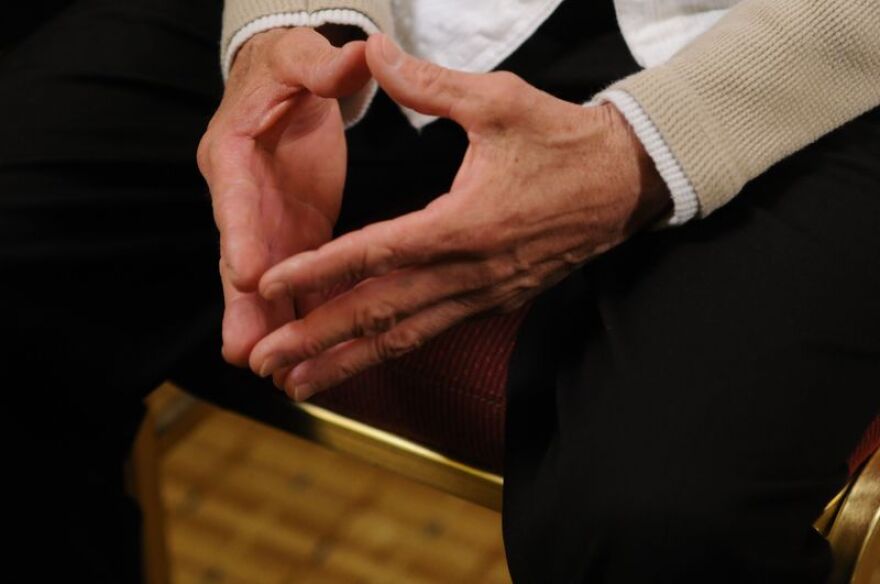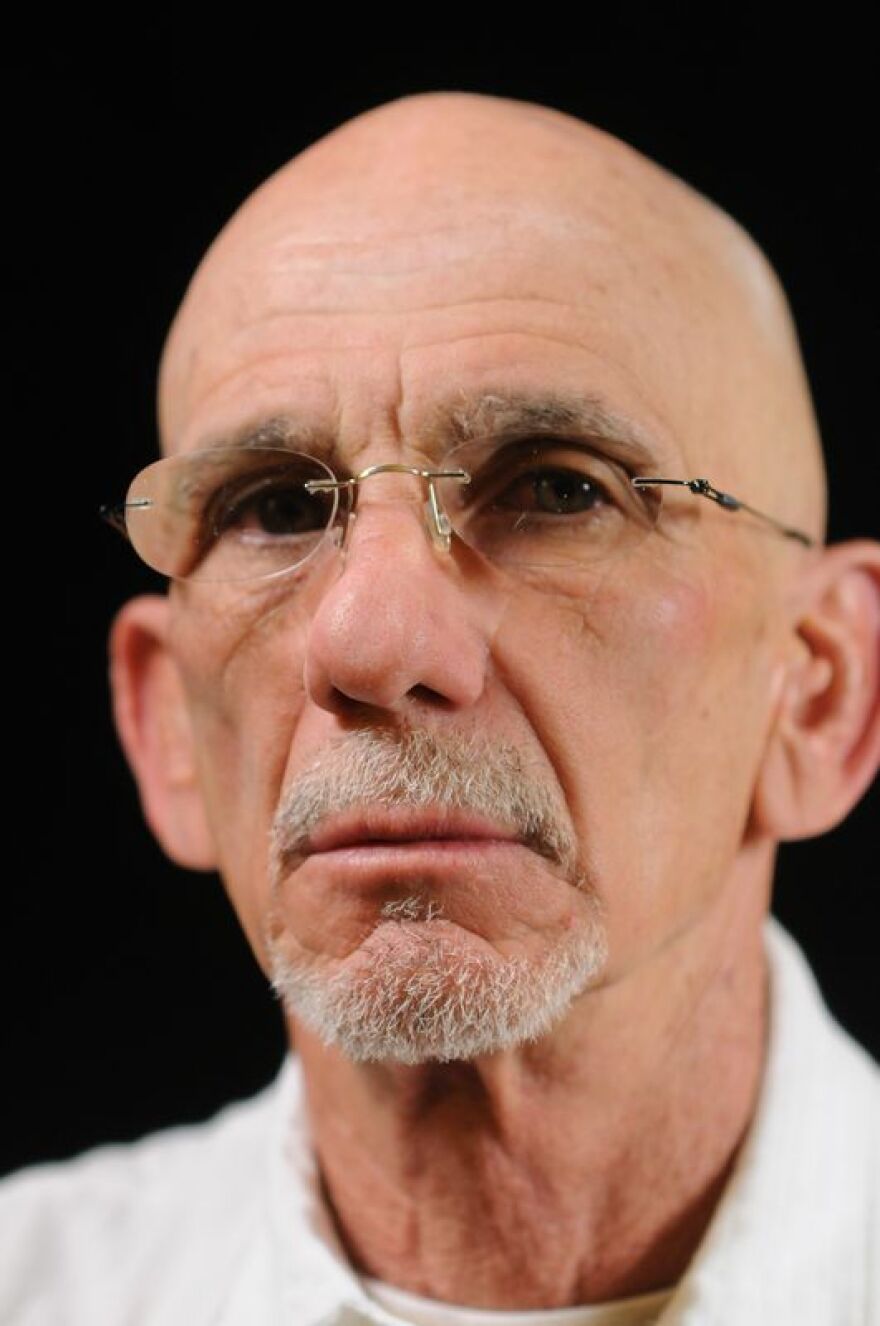In 1982, a woman notified the police that two men had broken into her home, and one of them had sexually assaulted her. She described the sexual offender as a Latino man wearing no shirt and with no hair. After the police responded to the call, they found a group of Cuban-Americans in the parking lot of a convenience store. A man named Orlando Boquete was among them, the only one who wore no shirt and had little hair, although he did have a large, black mustache.
The police arrested Boquete right there and took him to the victim’s home, where she identified him, from 20 feet away in a police cruiser at night, as the perpetrator. After she identified him that night, she added to her testimony that the perpetrator had a mustache.
Boquete testified at the trial that he was with his family watching TV at the time of the crime. Afterwards, he went to the convenience store with his cousins, where the police picked him up. The jury didn’t buy it. Another piece of evidence ignored at the trial was blood type. The fluids found on the victim’s clothing revealed that the perpetrator had Type A blood. Boquete and the victim are both Type O, but the forensic analyst who testified at the trial did not mention this crucial fact.
Boquete was charged and convicted of sexual battery and burglary in 1983 and sent to prison.
“They sent me to prison. I’m 28 years old. I’ve got all my hair,” Boquete recounted in an inverview with WUNC at the Innocence Network Conference.
http://youtu.be/oigKenojnkQ
But Boquete didn’t stay long. In 1985, he escaped.
“When I jumped the fence, I jumped into a canal,” Boquete said. “It’s not superstition… I’m sure that they they are not going to catch me. I’m free for a little while but I’m not free full time.”
Boquete was on the run for 10 years. He had emigrated from Cuba, where he described his life under the communist regime as “on lock-down” just like in prison. He had a son there who was three years old. He had come to America to live a new life, but he soon was put on “lock-down” in America, too.

In 1995, Boquete was recaptured and sent back to prison. In 2003, he requested DNA testing from the state of Florida and was granted it. In 2005, the results revealed that his DNA did not match that found on the victim’s clothing. He was exonerated in 2006, 23 years after being wrongfully convicted.
“When they exonerated me, I didn’t want to believe – I can’t believe,” Boquete recalled. “I feel like I’m born again. I feel like a new person.”
LEARN MORE:











